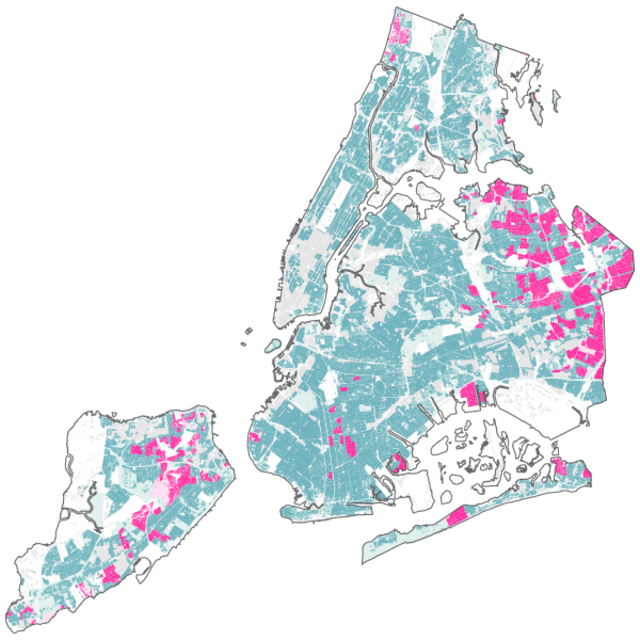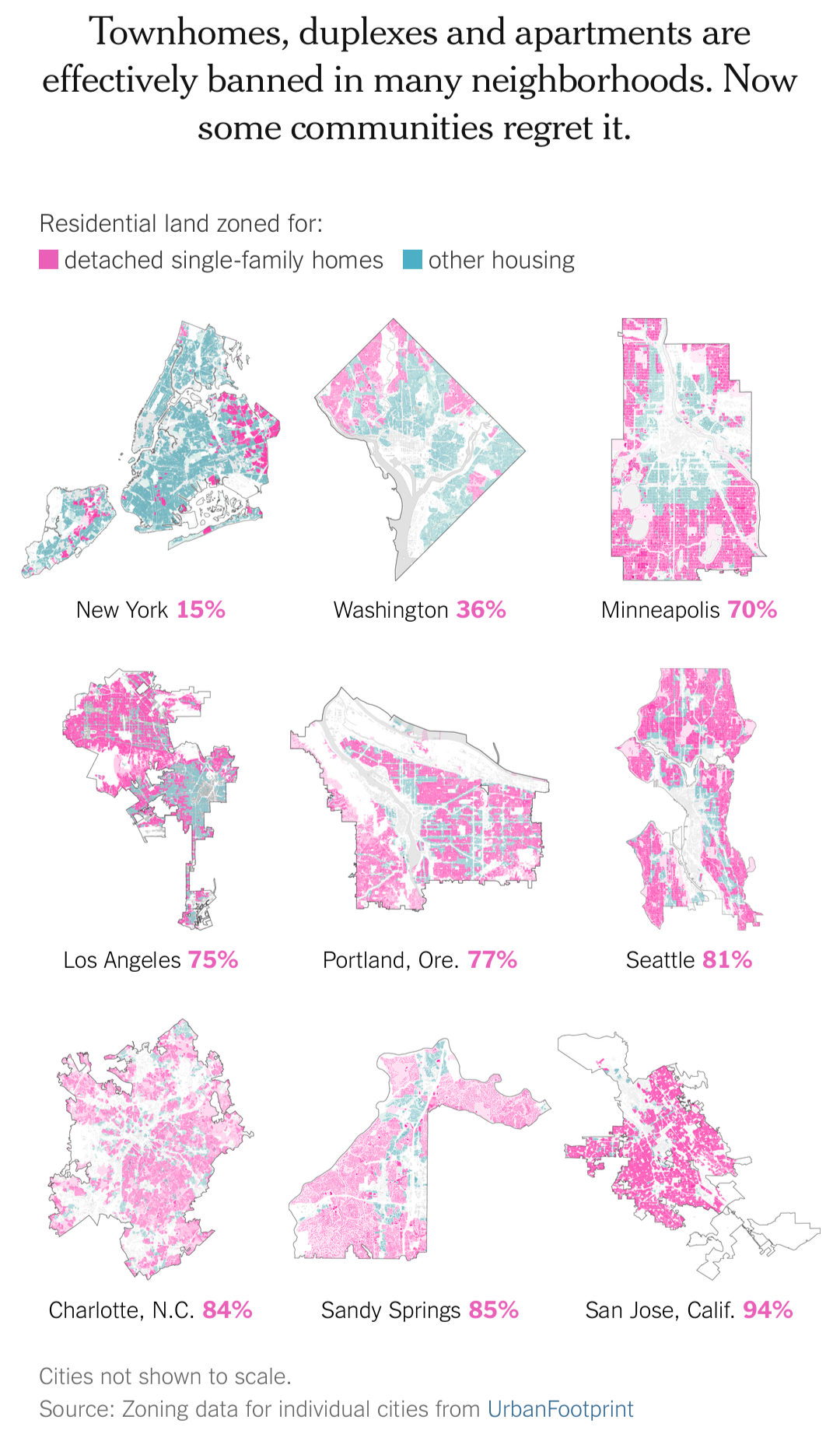

Is the GOP actually the ones wanting us to replace Biden at the moment? If anything, there’s a very good reason to believe the GOP would want Biden to remain: he’s a quite unpopular president for whom the overwhelming majority of Americans have concerns about his age and mental fitness. Further, he has a ton of political baggage, and is highly contentious amongst Democrats.
Personally, I genuinely think Gretchen Whitmer (with Pete Buttigieg as running mate) would be much more likely to win in November, at least according to post-debate polling from this leaked internal memo: https://puck.news/wp-content/uploads/2024/07/SUNDAY_Post-Debate_Landscape_2024_06_30__1_-1.pdf








Plus, why do people act like the “incumbent advantage” is some magical advantage? It’s a cargo cult mentality, especially in this day and age where all the old “rules” about elections have gone out the window.
I mean, I remember the day where being twice-impeached and a convicted felon would be unrecoverable political death, yet here we are staring down the barrel of a possible second Trump term.
Biden is a historically unpopular president, who is behind in basically all polling in basically every key swing state, and who just had the mother of all “the emperor has no clothes” moments on national television, losing the confidence of his own base. Even Democratic congresspeople are calling on him to step down now.
There is simply no path forwards for Biden to win in November. He’s cooked.
As for replacements, personally, I think Gretchen Whitmer is the best choice. Relatively young, good compromise candidate between the progressive and moderate wings of the party, current beloved governor of Michigan (key swing state!), competent technocrat, no significant political baggage, and made a name for herself protecting abortion rights in Michigan after SCOTUS overturned Roe v. Wade.